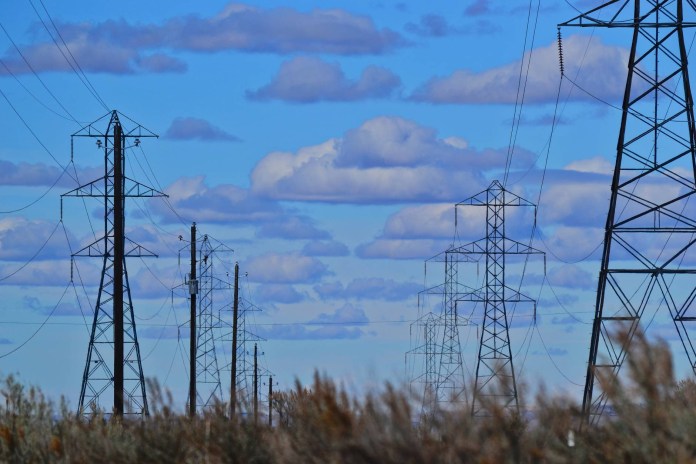
In a recent ruling dated 10 July 2025, the Appellate Tribunal for Electricity addressed a legal dispute between Indo Rama Synthetics Ltd. and Adani Electricity Mumbai Limited (previously Reliance Infrastructure Ltd.) regarding a power supply contract from 2010. Indo Rama had agreed to supply 37 MW of power to Reliance Infrastructure between April and June 2010 at a rate of ₹6.30/kWh. The power was to be supplied daily from 8 AM to midnight. The contract included a clause allowing a 20% deviation from the contracted power and specified compensation of ₹1 per kWh for any shortfall beyond this margin.

Indo Rama began supplying power on 1 April 2010, but informed the buyer on 7 April that it would not be able to continue supply after 12 April. It cited internal maintenance but did not invoke a force majeure clause or provide any concrete reason. Despite stopping the supply, Indo Rama raised two invoices totaling ₹2.66 crore for the power it had supplied between 1 and 12 April. However, Adani Electricity refused to pay, stating that the early termination breached the agreement and resulted in financial losses.
The Maharashtra Electricity Regulatory Commission, in a 2018 ruling, acknowledged Indo Rama’s supply during the first 12 days and confirmed its right to receive ₹2.66 crore. At the same time, the Commission found that the early termination caused a shortfall of 38.87 million kWh and awarded Adani ₹3.88 crore in compensation based on the contract terms. The net result was that Indo Rama was directed to pay ₹1.22 crore to Adani, after adjusting the receivable amount. Interest was also granted at 15% per annum.

Indo Rama challenged this decision, arguing that Adani had not proven actual losses and had instead gained by buying power at lower or similar rates. The tribunal, however, found merit in Adani’s evidence, which included Letters of Intent (LoIs) and power purchase data from other suppliers. These showed that Adani had procured power at rates as high as ₹7.57/kWh after Indo Rama’s exit. This was higher than the contract price of ₹6.30/kWh, thereby justifying the compensation.
The tribunal also noted that Indo Rama had simultaneously entered into other contracts to supply power to third parties at higher rates, which indicated a deliberate commercial decision rather than any unforeseen constraint. Furthermore, the tribunal dismissed the force majeure claim as an afterthought, pointing out that it was never raised at the time of withdrawal.
Regarding the interest component, the tribunal upheld the Commission’s decision by citing commercial norms and legal precedents. It observed that interest was a necessary corollary for the time value of money, especially when a party has wrongfully withheld funds.
In conclusion, the tribunal confirmed that Adani Electricity was rightfully entitled to compensation and interest, while Indo Rama’s claims of exemption lacked legal or factual basis. This judgment reinforces the sanctity of commercial contracts and holds suppliers accountable for breaches, even in the absence of direct monetary damage proofs.
Related
